Fitness and nutrition tend to go hand in hand. If you’re interested in one, the odds are pretty good that you’ll be interested in the other. They also tend to build each other up—if you’re focusing on fitness, it’s easier to make healthier food choices, and vice versa. But as an athlete, why turn to Snap Kitchen to support performance and recovery? One of our dietitians, Sam, is on the blog breaking it down for us. And pssst: even if you don’t think you’re an athlete, if you are regularly training at moderate to high intensity, you are!
Nutrition Fundamentals for Athletes
Part of eating for performance is to simply eat an overall healthy diet. This is a fundamental step that many casual gym-goers and even some athletes tend to not give enough attention. A nutrient-dense and balanced diet includes the following:
High-quality protein
Protein is essential for recovery and for the performance itself, and most people aren’t eating enough. If you’re exercising regularly, you should aim for at least 30g of protein at each meal. The most bioavailable (meaning easiest for your body to fully utilize) sources are from options like eggs, seafood, chicken, beef, pork, turkey, and wild game. Aim to get protein from a variety of sources since nutrients vary depending on the type. If you don’t eat meat, it’s extra important to pay attention to protein intake aiming for organic soy, beans, and lentils. If you need to, you can supplement with an organic pea or hemp protein powder.
Lots of vegetables and some fruit
Not only do vegetables provide the most nourishing form of carbohydrates you can find for fueling your workouts and recovery, but they also contain tons of nutrients and antioxidants. Try to get a mix of starchy and non-starchy vegetables. Starchy vegetables like potatoes, peas, carrots, and plantains have higher carbohydrate content and are a great post-workout option. Non-starchy vegetables include leafy greens, bell peppers, zucchini, cucumber, and more. They’re also great to have at every meal for fiber and nutrient content.
Healthy fats
For decades, fats were wrongly maligned in the world of nutrition and wellness. Turns out healthy fats are essential for brain health, hormone health, and so much more. They’re also a great way to ensure you’re eating enough calories to support your training. Aim for at least 2-3 servings at each meal, but the exact amount will depend on your individual needs. Healthy fats include extra virgin olive oil, avocado oil, avocados, olives, nuts & seeds, coconut oil, grass-fed butter or ghee, coconut, full-fat grass-fed dairy, and pasture-raised animal fats.
Healthy fat is essential for all of us, whether we’re regularly exercise or not. But especially if you’re an endurance athlete, fat is crucial. If you eat a lower carb diet with adequate protein and healthy fat, you should be able to burn fat vs sugar, meaning that you’ll have ample body fat stores to pull from on your long run or bike ride. No gels needed here!
Legumes and gluten-free whole grains
If you tolerate them, these can be great sources of carbohydrates. The amount you need will depend on your overall activity level and health status, but a serving is usually ~½ cup. Legumes include beans, lentils, and peanuts, and gluten-free grains are things like quinoa, oats, amaranth, rice, and buckwheat.
These are particularly helpful to eat after a workout in order to replenish your muscle and liver glycogen stores. Glycogen is the main storage form of glucose (sugar!) in the body. Your body pulls from these glycogen stores when it needs energy.
Where Snap Kitchen Fits In
Wouldn’t it be nice if someone looked at those performance and recovery fundamentals and built meals around them? That’s exactly what we’ve done here at Snap! With proteins & sides to mix-and-match, large entrees, and high protein regular entrees, you can support your training without lifting a finger in the kitchen. No matter your performance goals, we’ve got the meal for you.
Non-Food Exercise Performance Essentials
Water
Water is essential for life, even if you lay around in bed all day. A good rule of thumb is to aim for 1/2 your body weight in ounces daily (so a 150 lb person would drink 75+oz per day). Our muscles are 75% water, which means it’s essential to drink enough throughout the day. Adequate hydration also supports neurotransmitters and hormone synthesis, regulates body temperature, and lubricates joints, among other vital functions! And don’t forget to supplement with electrolytes!
Sleep
Sleeping for 7-9 hours per night is crucial, especially if you are looking to change body composition, increase your muscle mass, or feel rested and prepared for your workouts. Sleep improves your muscles’ ability to recover, thanks to protein synthesis and human growth hormone release. In order to get those 7-9 hours, focus on sleep hygiene by powering down all electronics at least an hour before bed, sleeping in a cold and dark room, and not eating a few hours before bed. (I love this post from Chris Kresser with more tips to improve sleep quality.)
Rest days
Even though exercise is good for you, it’s also a stressor for your body. It’s absolutely possible to overtrain and end up fatigued, burnt out, and potentially with health issues like HPA axis dysfunction. Aim to take at least one rest day per week, but ideally two. You can make them active rest days, where you do yoga, stretch, or go for walks. It’s key to support your recovery on the days that you are working out too. Make time for stretching, proper nutrition, and sleep. If it’s in your budget, prioritize massages or chiropractic help too.
If you work full time and are training when you can, it can often be hard to find time to cook. Snap has a lot of great high protein meals that are perfectly-portioned to help you reach your fitness goals.
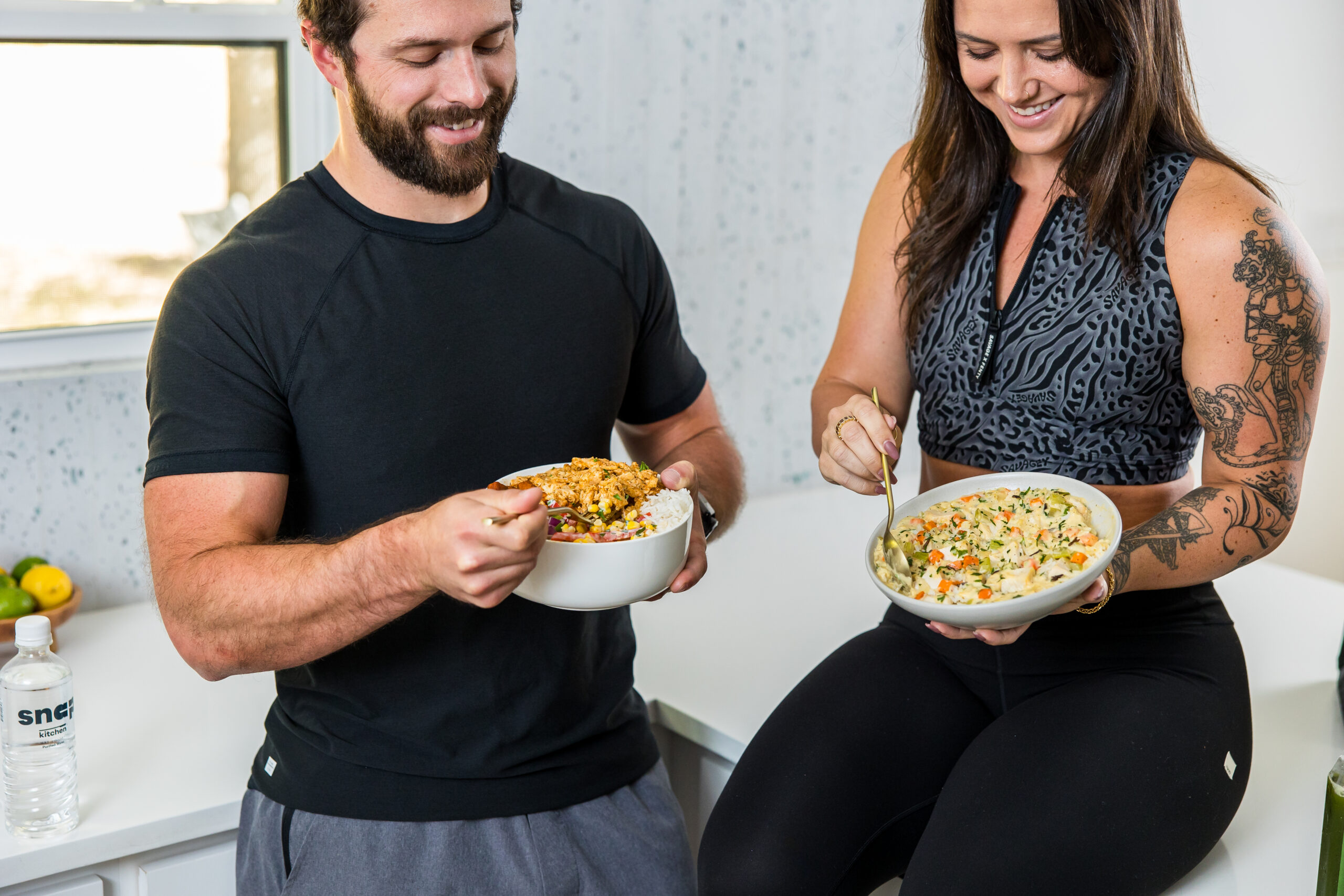
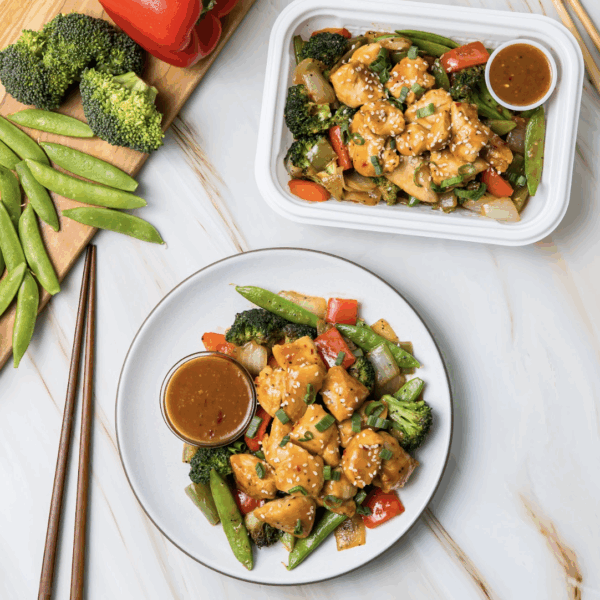
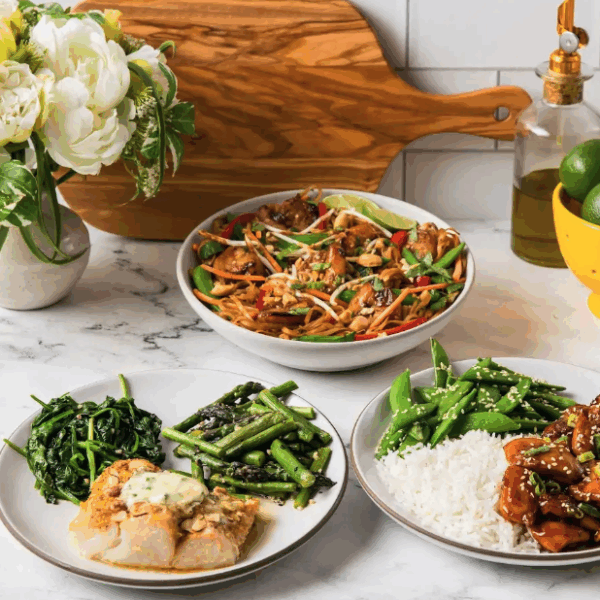
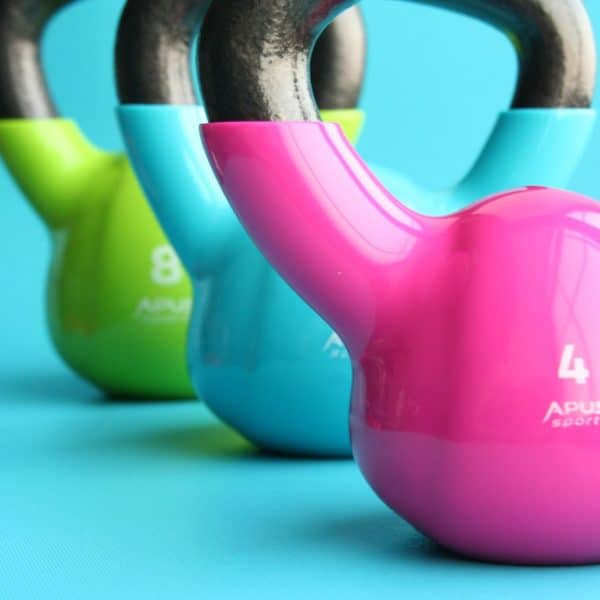
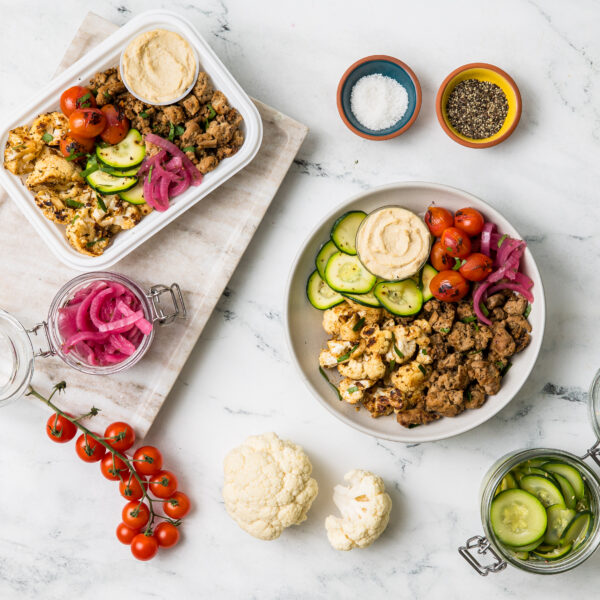
Leave a Reply
No Comments